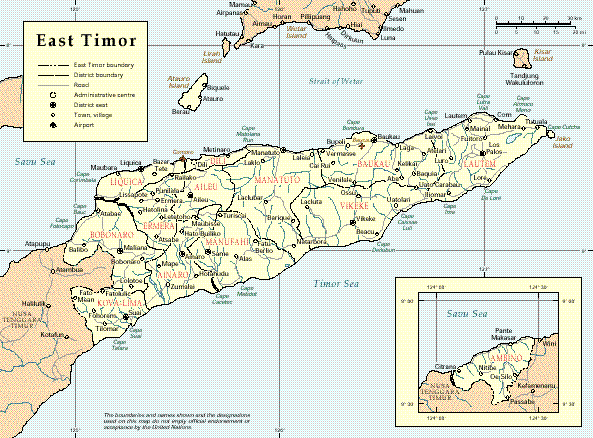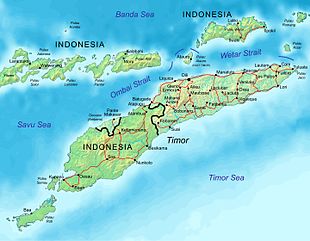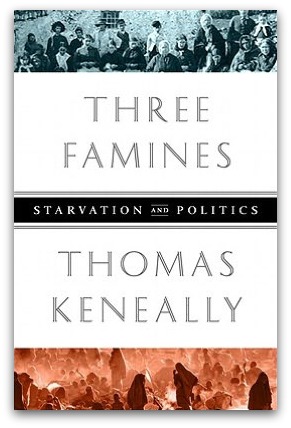The East Timor genocide refers to the systematic killing and persecution of the East Timorese people by the Indonesian military and its proxies during the Indonesian occupation of East Timor from 1975 to 1999. The genocide resulted in the deaths of an estimated 100,000 to 180,000 East Timorese, or approximately one third of the country's population at the time.
The Indonesian invasion of East Timor in 1975 was carried out with the backing of the United States, which saw Indonesia as a strategic ally in the region. The East Timorese resistance to Indonesian rule was met with brutal repression, including mass killings, torture, rape, and the forced relocation of tens of thousands of people to concentration camps.
The Indonesian military and its proxies, including paramilitary groups and local militias, were responsible for the majority of the violence and abuses committed during the occupation. They targeted civilians, including women, children, and the elderly, as well as political and cultural leaders who opposed Indonesian rule. Many of the victims were killed in large-scale operations, such as the Santa Cruz massacre in 1991, in which more than 270 unarmed demonstrators were killed by Indonesian troops.
The East Timor genocide also included the widespread use of sexual violence as a weapon of war, with women and girls being targeted for rape and sexual slavery. The Indonesian military and its proxies used sexual violence as a way to humiliate and demoralize the East Timorese population and to punish those who resisted Indonesian rule.
The East Timor genocide finally came to an end in 1999, following the referendum in which the East Timorese people voted overwhelmingly for independence from Indonesia. The Indonesian military and its proxies launched a campaign of terror in the weeks leading up to the referendum, resulting in the deaths of hundreds of people and the forced relocation of hundreds of thousands of others. Despite the violence, the East Timorese people voted for independence, and the Indonesian military withdrew from the country.
The East Timor genocide was a devastating and tragic event that had a profound impact on the East Timorese people and their country. It is estimated that around 100,000 to 180,000 people were killed, with many more suffering from physical and emotional injuries and trauma. The genocide also had a long-lasting impact on the country's economy and infrastructure, as much of it was destroyed during the conflict. The East Timor genocide serves as a stark reminder of the horrors of war and the importance of justice and accountability for crimes against humanity.








